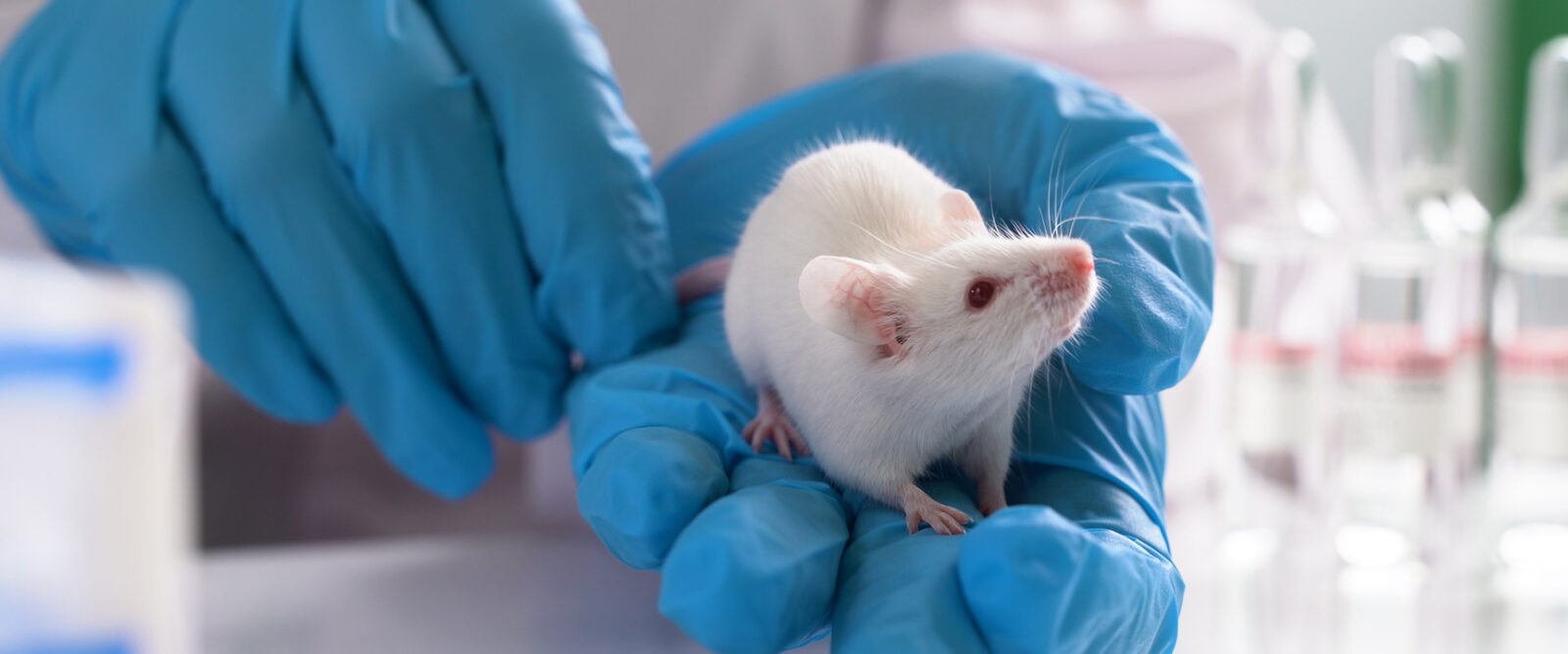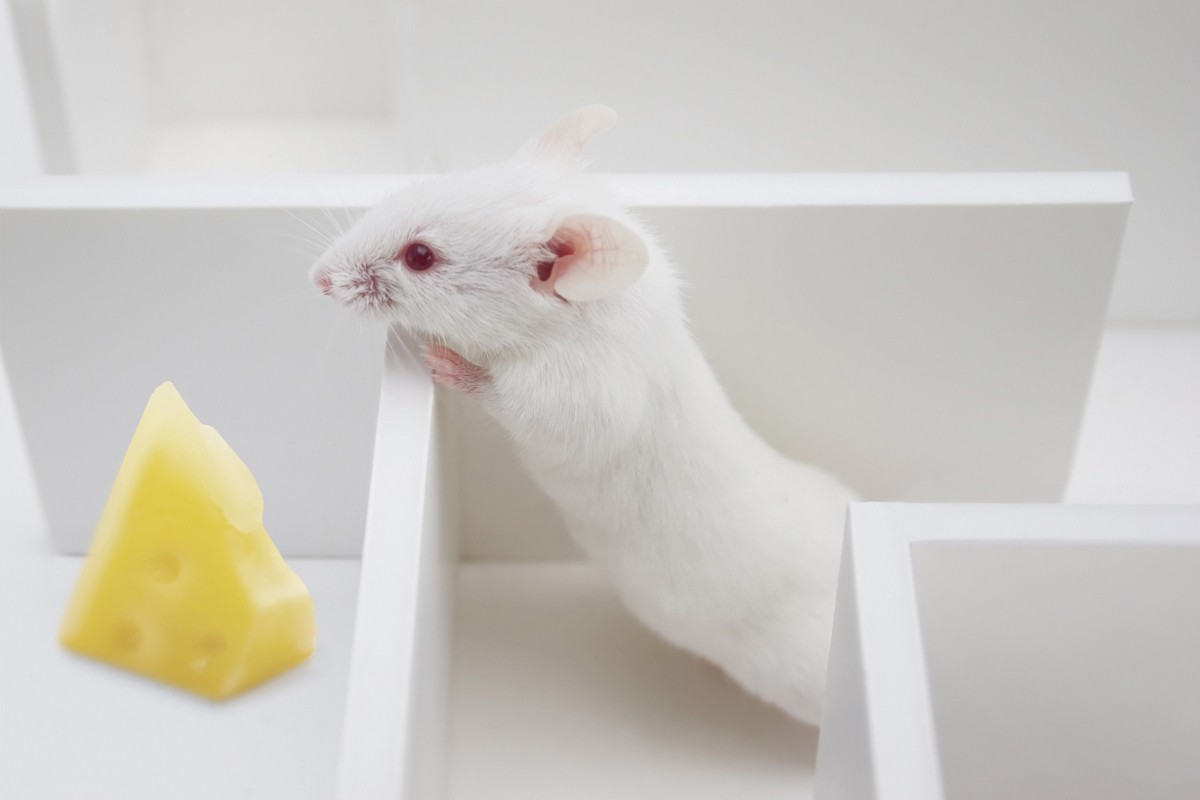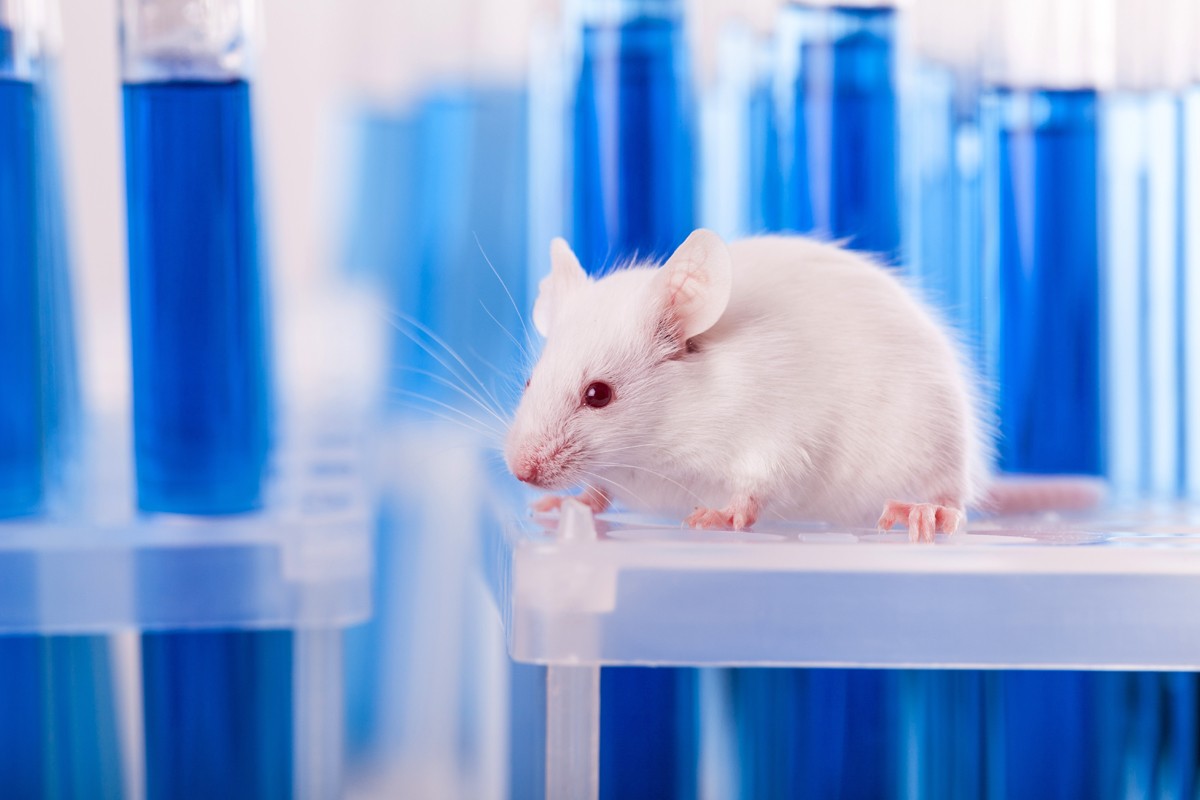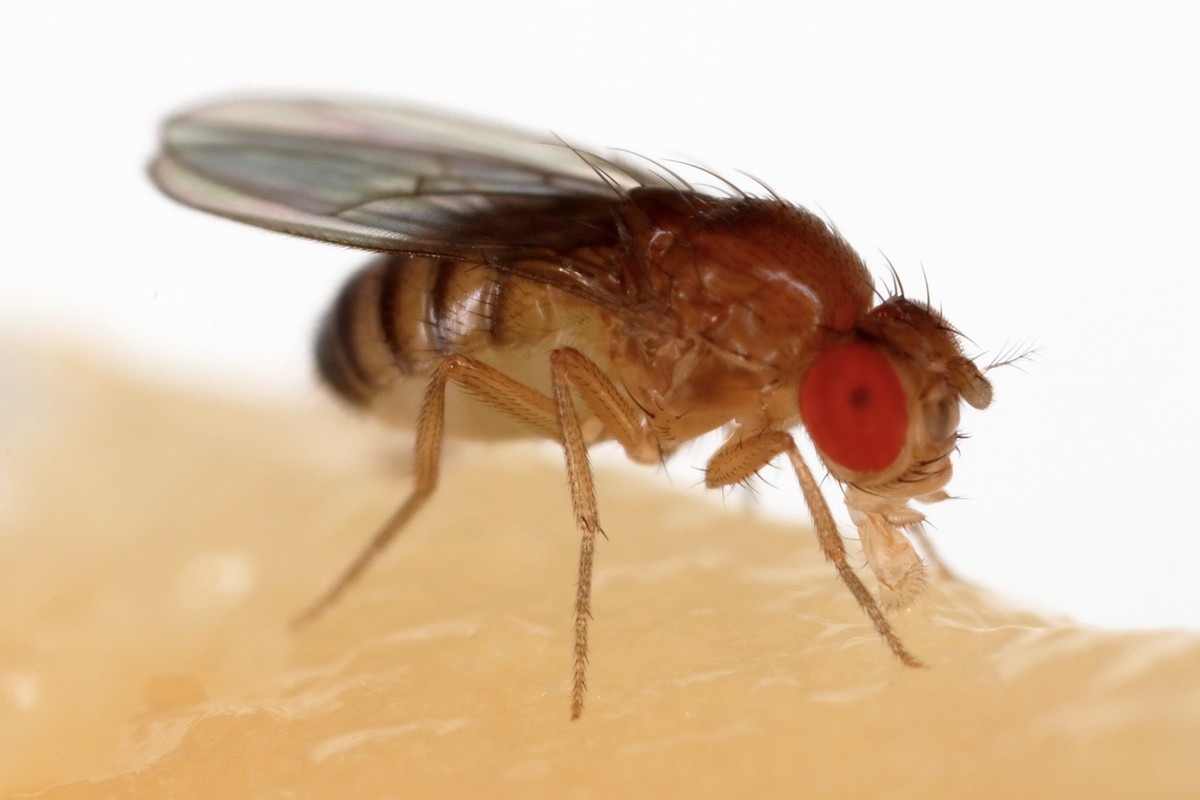THE CAJAL INSTITUTE
Institutional statement on the use of animals
Institutional statement on the use of animals

The Cajal Institute is one of the 152 entities adhered to the Transparency Agreement on Animal Experimentation promoted by the Confederation of Scientific Societies of Spain (COSCE) with the collaboration of the European Association for Animal Research (EARA), and which was launched on September 20, 2016 with the aim of establishing communication channels between the scientific community and society that allow understanding how and why animals are used in research, and the benefits derived from this practice.
The agreement commits the signatory organizations to share information in a transparent manner and to encourage communication about animal research, to provide the public with all the information about the reasons, methods and advances in knowledge that make research essential and necessary. use of animals in scientific research.
Why are animals necessary in research?
Foundation for Biomedical Research
At the Cajal Institute we are fully aware of the crucial role that animal research plays in understanding the biological mechanisms that are involved in diseases and in the development of medical treatments. Without the use of animals, we would not have most of the medicines, antibiotics, vaccines and surgical techniques that are applied in human and veterinary medicine.
An important part of the scientific work carried out by the Cajal Institute and which contributes to improving people’s lives (studies of neurodegeneration and diseases of the nervous system, for example), requires the use of animals.
Animal welfare for quality science
The well-being of experimental animals is a fundamental concern for the Cajal Institute, as is strict respect for and compliance with current legislation on the protection of animals used for experimentation and other scientific purposes, including teaching.
Our objective is to achieve the highest standards of animal care, protection and comfort, not only from the point of view of moral responsibility for them, but also due to the very fact that it would be impossible to develop quality science without guaranteeing welfare. animal.






Our animal research complies with legal standards, and is reviewed before initiation by an Animal Experimentation Ethics Committee that promotes the use of alternative methods, the reduction of the number of animals used, and the refinement of experimental procedures. No research project that requires the use of animals should begin without the mandatory ethical evaluation and final approval by the competent authority in the Community of Madrid.
A transparent procedure with all the guarantees
The Cajal Institute is in charge of guaranteeing that both the personnel caring for the animals, as well as the researchers involved in projects that need them as experimental models, have the mandatory training and knowledge required, and for this it provides and facilitates all the resources for the correct maintenance of experimental animals in terms of facilities, maintenance, welfare and veterinary care.
The Cajal Institute works constantly to improve the knowledge of its members about the processes of transparency in the use of animals, and supports openness and accountability initiatives in animal experimentation aimed at society (interventions in the media, seminars dissemination, open days, etc.).
The principle of the 3Rs in animal experimentation
The Cajal Institute applies an internationally recognized standard, the “3R Principle”, which guarantees the responsible and ethical use of animals within scientific research. This principle promotes a more considerate approach to experimental animals while encouraging the creation of alternative methods that can substitute their use wherever possible. You can read more about this principle and the myths of animal experimentation in this article on the website cirujanayhumana.com
Related information

Neuroscience Research Center dependent on the CSIC. Founded in 1920 and initially directed by Santiago Ramón y Cajal. World reference in the study of the brain. Custodian of the Cajal Legacy.
Activities
